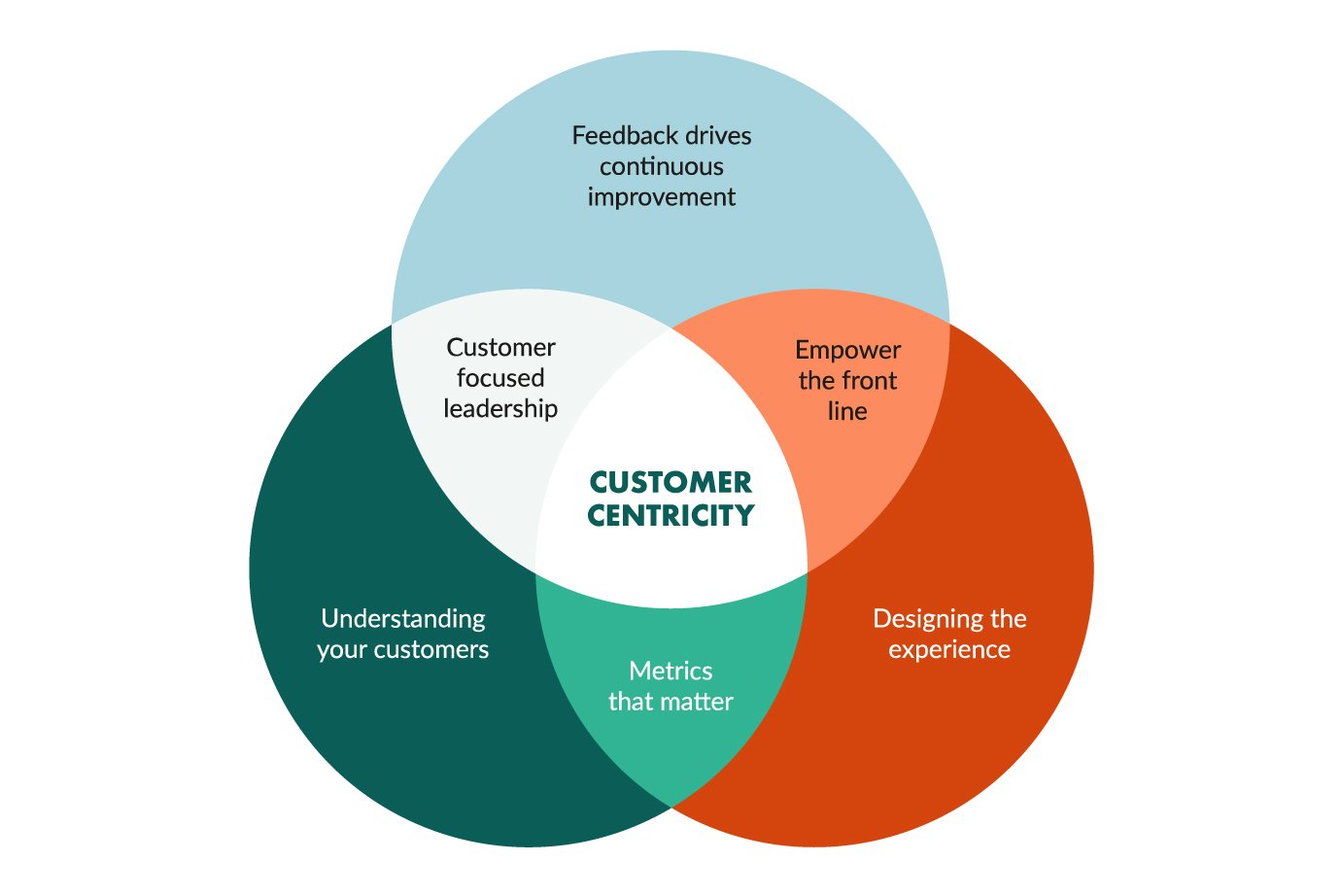Putting Customers at the Heart of Your Business
In today’s fast-paced and highly competitive business world, one thing remains constant – the importance of putting customers at the heart of your business. Crafting a customer-first approach is essential for the long-term success and sustainability of any organization. By prioritizing the needs and preferences of your customers, you can build trust, loyalty, and ultimately drive growth.
So, what does it mean to put customers at the heart of your business? It goes beyond simply providing good customer service. It’s about truly understanding your customers, anticipating their needs, and creating a seamless and personalized experience for them at every touchpoint. It’s about building relationships, not just making sales.
One way to put customers at the heart of your business is by listening to them. Take the time to gather feedback through surveys, social media, or even face-to-face interactions. Use this valuable information to tailor your products or services to better meet the needs and desires of your customers. By actively listening and responding to their feedback, you show that you value their input and are committed to providing a positive customer experience.
Another key aspect of putting customers first is being proactive in addressing their needs. Instead of waiting for customers to come to you with complaints or concerns, anticipate their issues and take proactive steps to resolve them. This could mean implementing a more user-friendly website, offering additional support options, or providing more personalized recommendations based on their past purchases.

Image Source: superoffice.com
Moreover, building a customer-first culture within your organization is crucial. Every employee, from the CEO to the frontline staff, should be aligned in their commitment to putting customers first. Make sure that everyone understands the importance of customer satisfaction and is empowered to make decisions that prioritize the customer experience.
Additionally, embracing technology can help you better understand and serve your customers. Utilize customer relationship management (CRM) software to track customer interactions, preferences, and purchase history. This data can help you personalize marketing efforts, tailor product recommendations, and improve overall customer satisfaction.
Furthermore, transparency and honesty are essential when it comes to putting customers at the heart of your business. Be upfront about your products or services, pricing, and policies. Build trust with your customers by being open and honest in your communications and interactions.
In conclusion, putting customers at the heart of your business is not just a strategy – it’s a mindset. By prioritizing the needs and preferences of your customers, you can build strong relationships, drive loyalty, and ultimately achieve long-term success. Take the time to truly understand your customers, listen to their feedback, and proactively address their needs. By fostering a customer-first culture within your organization and leveraging technology to better serve your customers, you can create a positive and memorable experience that sets your business apart from the competition.
Building Strong Relationships with Your Clients
In today’s competitive business world, it is more important than ever to focus on building strong relationships with your clients. Creating a customer-first approach for your business is crucial for long-term success and sustainability. By prioritizing the needs and preferences of your clients, you can not only retain their loyalty but also attract new customers through positive word-of-mouth and referrals.
One of the key elements of building strong relationships with your clients is effective communication. It is essential to listen to your clients, understand their needs and concerns, and respond promptly and professionally. By being attentive and responsive to your clients, you can foster trust and demonstrate that you value their business.
Another important aspect of cultivating strong relationships with your clients is providing exceptional customer service. Going above and beyond to exceed your clients’ expectations can set you apart from your competitors and leave a lasting impression. Whether it’s resolving a problem quickly and efficiently or offering personalized recommendations, showing your clients that you care about their experience can build loyalty and trust.
Building rapport with your clients is also key to forging strong relationships. Taking the time to get to know your clients on a personal level, remembering details about their preferences and interests, and showing genuine interest in their well-being can go a long way in building trust and loyalty. By treating your clients as individuals rather than just transactions, you can create a connection that goes beyond business.
Consistency is another crucial factor in building strong relationships with your clients. By delivering a consistent level of quality and service every time they interact with your business, you can build trust and reliability. Consistency also helps to establish your brand reputation and create a positive impression that will keep clients coming back for more.
Building strong relationships with your clients also involves being proactive and anticipating their needs. By staying ahead of the curve and offering solutions before problems arise, you can demonstrate your commitment to your clients’ success and satisfaction. Anticipating their needs and providing value-added services can help you stand out as a trusted partner rather than just a vendor.
In today’s digital age, building strong relationships with your clients also means leveraging technology to enhance the customer experience. By utilizing customer relationship management (CRM) software, social media platforms, and other digital tools, you can streamline communication, personalize interactions, and track client preferences to deliver a more personalized and efficient service.
Ultimately, building strong relationships with your clients is about putting their needs first and prioritizing their satisfaction above all else. By focusing on effective communication, exceptional customer service, building rapport, consistency, proactivity, and leveraging technology, you can create a customer-first approach that sets your business apart and drives long-term success. By investing in your relationships with your clients, you can build a loyal customer base that will support your business for years to come.
Creating a Customer-Centric Business Model